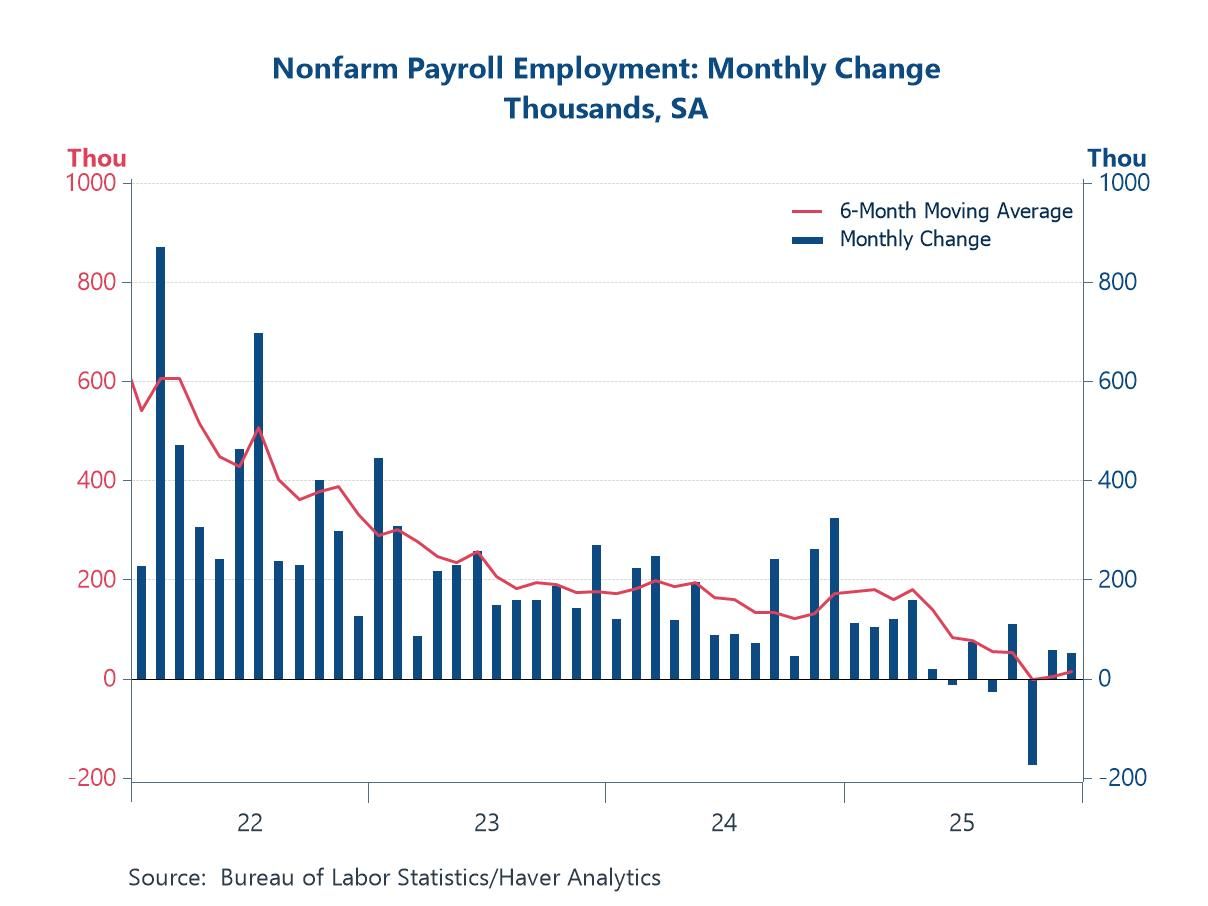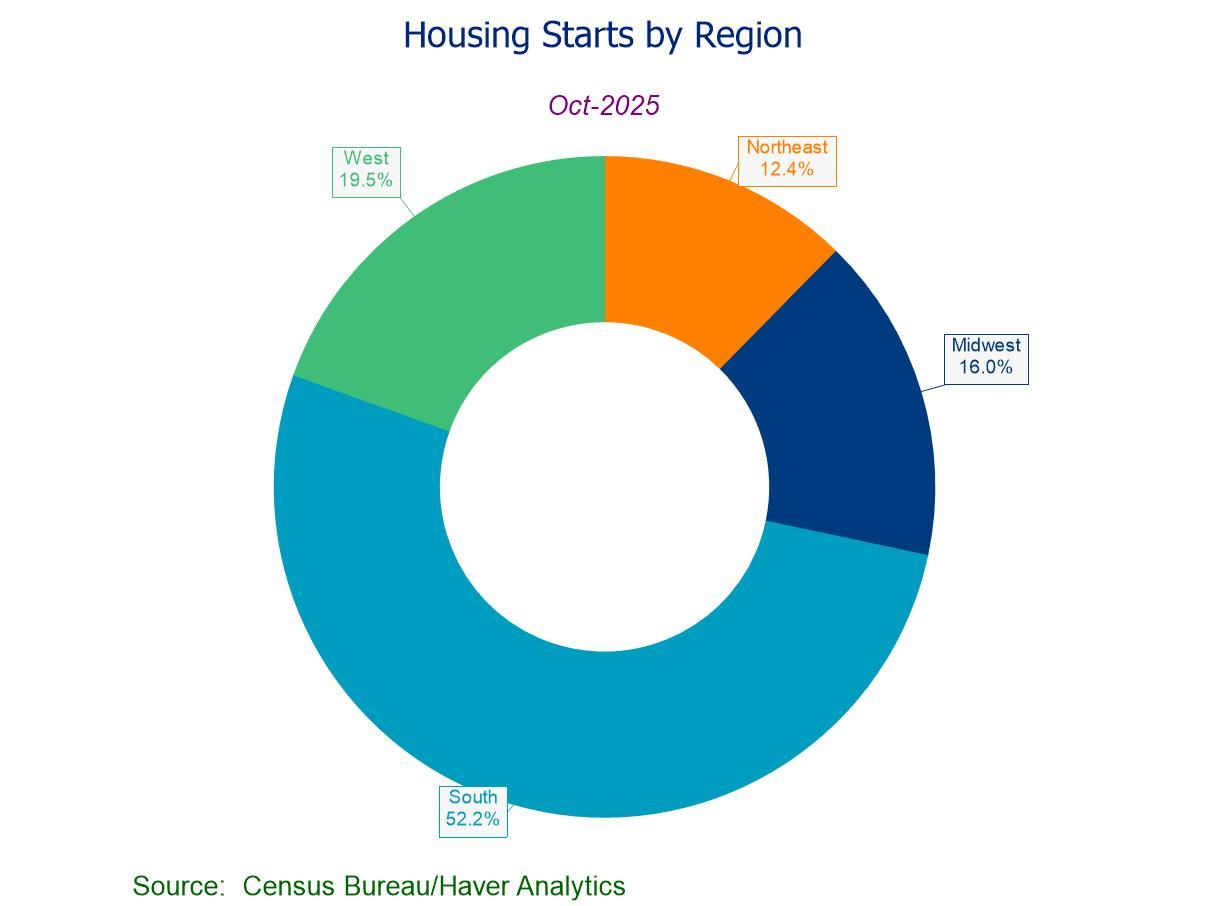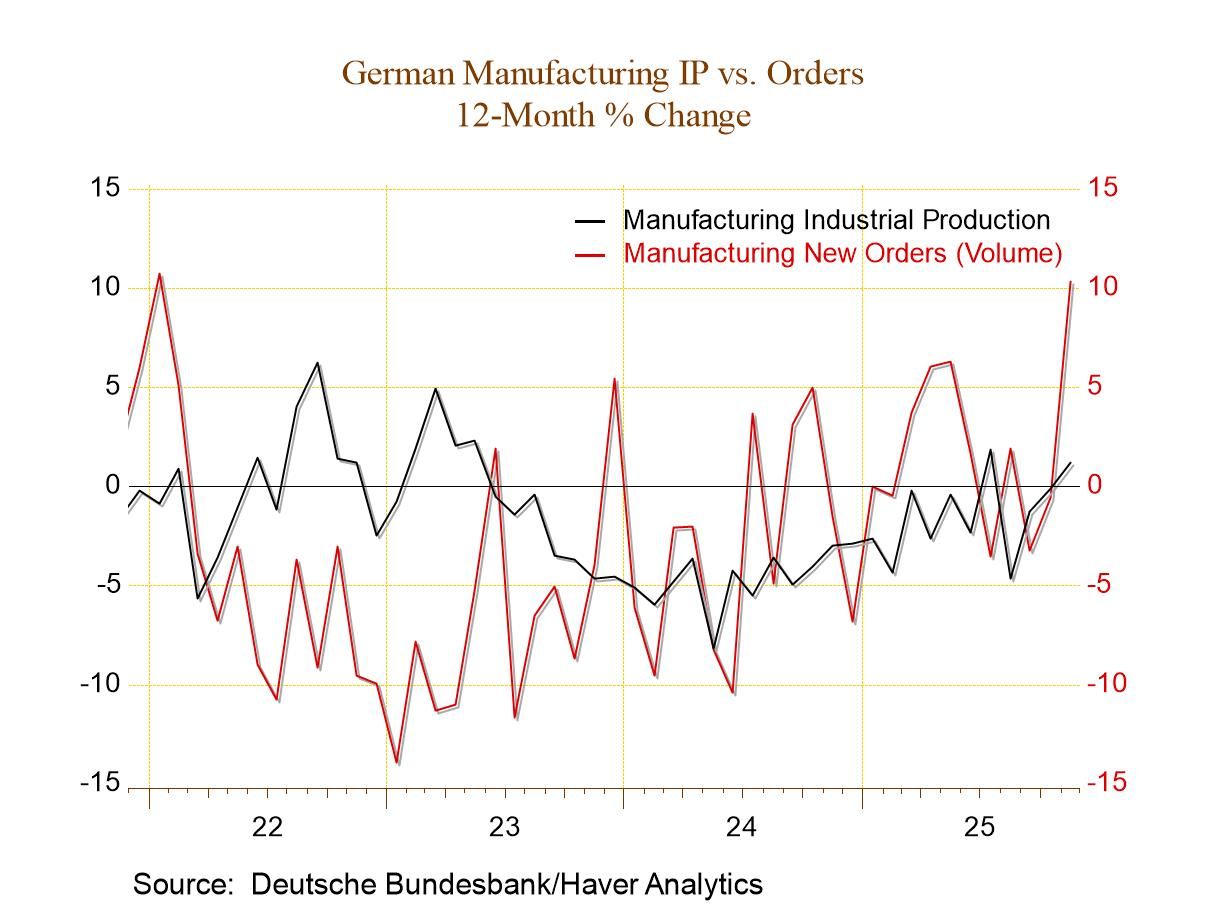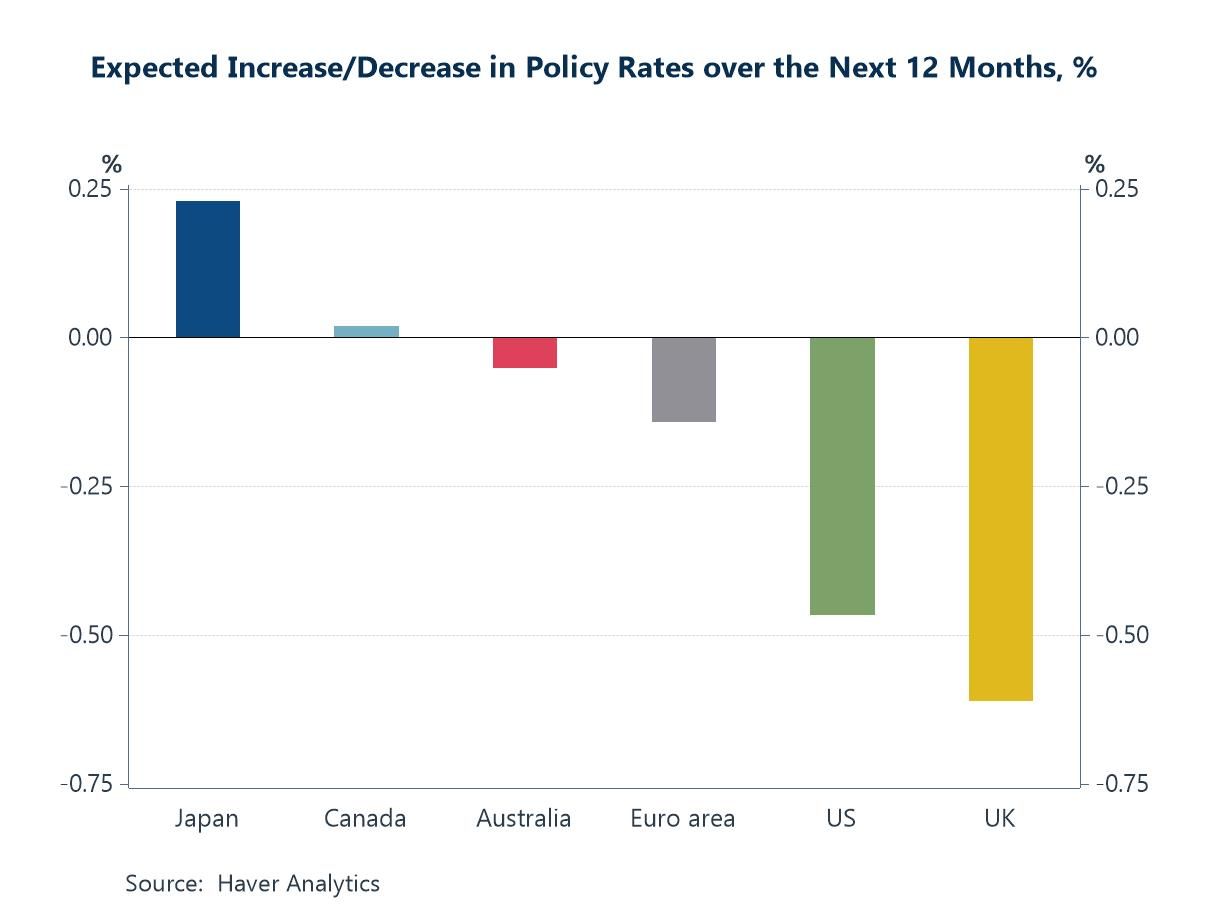 Global| Jun 23 2015
Global| Jun 23 2015EMU PMIs Show Some Strength
Summary
The EMU private sector advanced to 54.1 in June from 53.6 in May. EMU manufacturing ticked higher while EMU services made a more substantial gain. The services sector now has elevated to a rather strong 80th percentile standing in its [...]
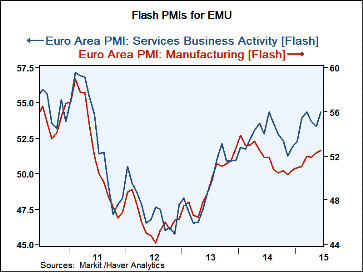 The EMU private sector advanced to 54.1 in June from 53.6 in May. EMU manufacturing ticked higher while EMU services made a more substantial gain. The services sector now has elevated to a rather strong 80th percentile standing in its historic queue. The manufacturing sector is only in its 65th percentile. The moving averages of the PMIs also are steadily improving; that is a good sign for momentum.
The EMU private sector advanced to 54.1 in June from 53.6 in May. EMU manufacturing ticked higher while EMU services made a more substantial gain. The services sector now has elevated to a rather strong 80th percentile standing in its historic queue. The manufacturing sector is only in its 65th percentile. The moving averages of the PMIs also are steadily improving; that is a good sign for momentum.
Germany, although having higher corresponding readings than France, has lower percentile standings across the board: for its headline, services sector and manufacturing. This means that while Germany has better across the board strength than France, France has raw diffusion readings that are higher relative to its history than does Germany resulting in higher queue standings for France compared to Germany.
Germany shows steady improvement in its manufacturing PMI but not for its services PMI. In contrast France shows all its moving averages for the headlines as well as both sectors are moving steadily higher. The French PMI queue standings are quite solid at the 68th percentile for manufacturing and the 71st percentile for services.
The chart shows that the EMU is in some sort of recovery in both sectors. The services sector, while doing relatively better than manufacturing, is still not moving higher with a lot of gusto. Neither is manufacturing making a very strong move. And the EMU is still benefitting from a relatively weak currency. While momentum is going in the right direction, it is also moving at a slow pace.
The EMU is mending, but it still has a lot of gaps and uneven performance among members. The situation in Greece appears to be at a point of compromise, but no deal is set yet; it now looks like the sticking point will be if the program the Greek negotiators have agreed to will be acceptable back home. As time progresses, these deals become increasingly of the take-it-or-leave-it variety and Greece wants to stay in the EMU. With or without a Greek deal, the EMU continues to face challenges as development is uneven and countries that have long been on austerity are getting tired of it. The reason the EMU has been so tough on Greece is that Greece is not the only EMU member where the discipline of austerity has been wearing thin.
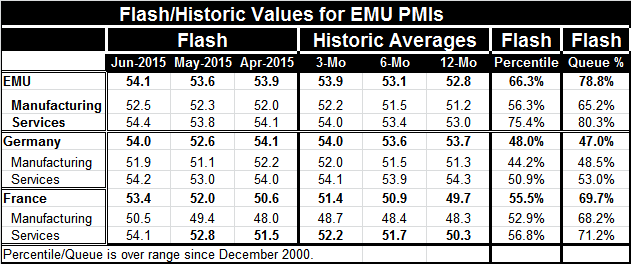
Robert Brusca
AuthorMore in Author Profile »Robert A. Brusca is Chief Economist of Fact and Opinion Economics, a consulting firm he founded in Manhattan. He has been an economist on Wall Street for over 25 years. He has visited central banking and large institutional clients in over 30 countries in his career as an economist. Mr. Brusca was a Divisional Research Chief at the Federal Reserve Bank of NY (Chief of the International Financial markets Division), a Fed Watcher at Irving Trust and Chief Economist at Nikko Securities International. He is widely quoted and appears in various media. Mr. Brusca holds an MA and Ph.D. in economics from Michigan State University and a BA in Economics from the University of Michigan. His research pursues his strong interests in non aligned policy economics as well as international economics. FAO Economics’ research targets investors to assist them in making better investment decisions in stocks, bonds and in a variety of international assets. The company does not manage money and has no conflicts in giving economic advice.



